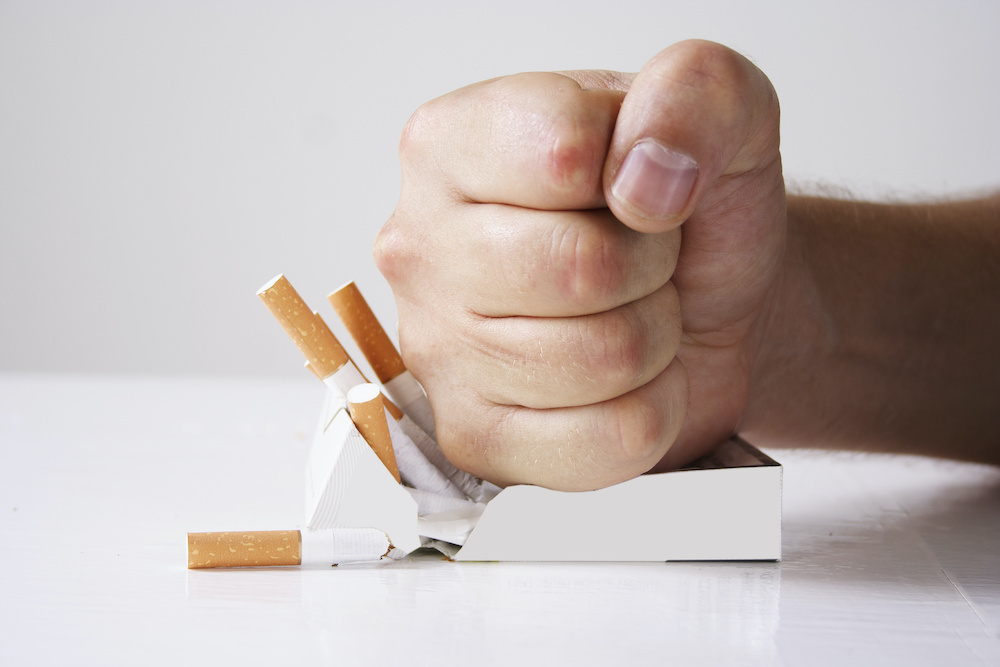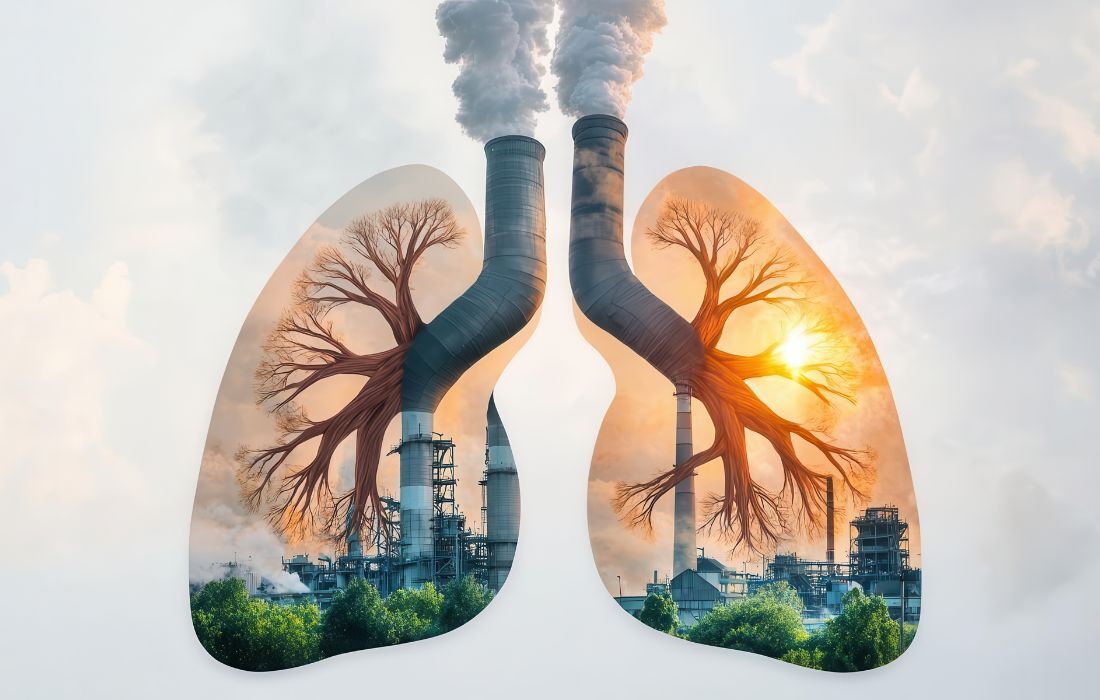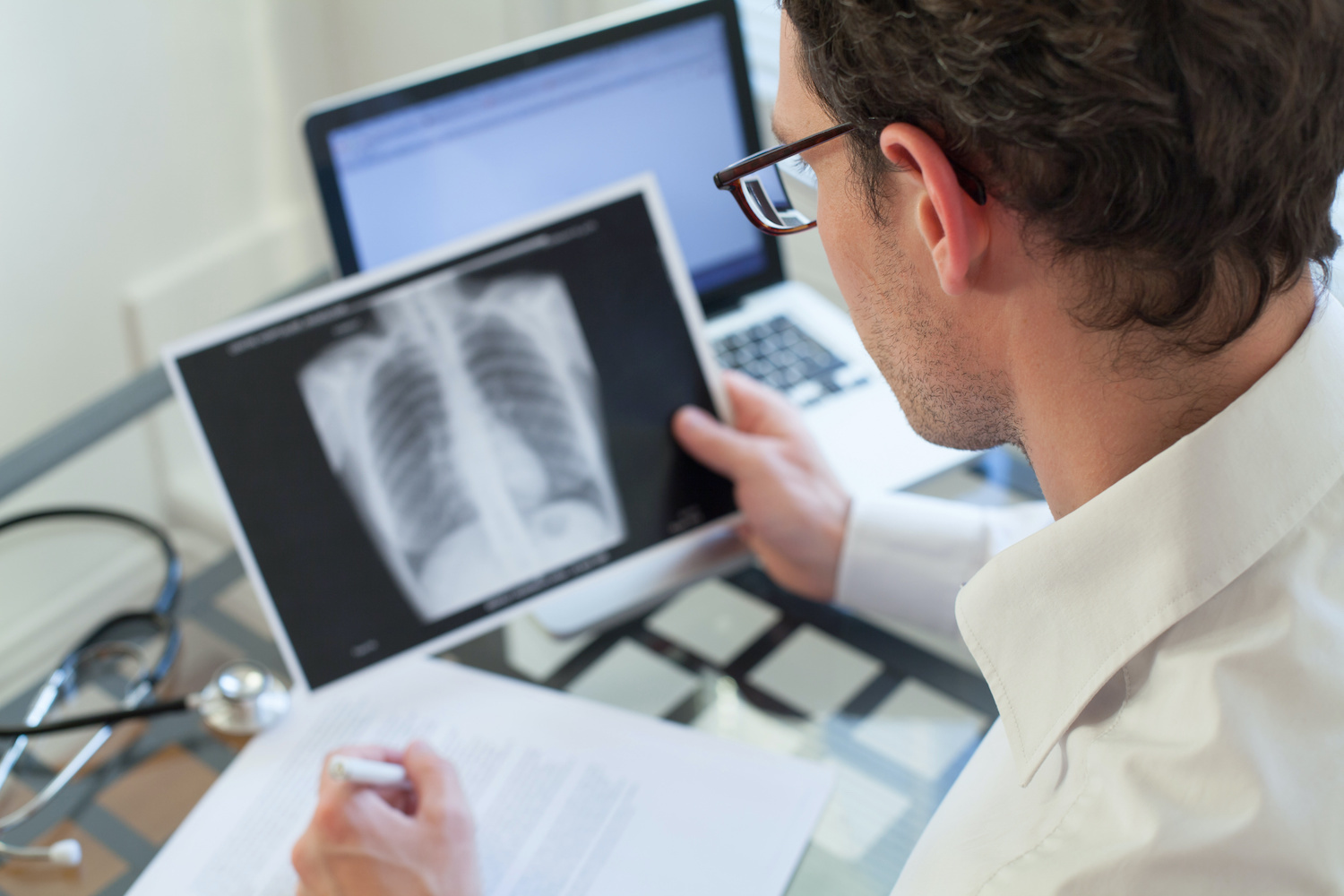Lung Cancer Risk Factors
When it comes to lung cancer, no one is immune to the possibility of developing it— and unfortunately, there are several risk factors that can leave you more susceptible than others. While there are some obvious risk factors, like smoking, that can be changed, other risk factors, like genetics, cannot.
Smoking is the #1 Risk Factor for Developing Lung Cancer
Roughly 80-85% of lung cancers in the United States are linked to cigarette smoking. In regards to your lung cancer risk specifically, your risk goes up with the number of years and packs per day you smoke. The sooner you quit smoking, however, the sooner you can significantly lower your risk of developing lung cancer.

Although cigar and pipe smoking are also linked to the development of lung cancer, the risk may be lower in people who do not also smoke cigarettes. This, of course, varies based on the level of inhalation and quantity smoked per day.
With limited cannabis use approved in the state of Florida, it’s important to also address smoking marijuana. The chemicals that are created by smoking nearly any substance can increase your risk of developing lung cancer. Plus, the way marijuana smoke is held in the lungs for longer periods of time compared to cigarette smoke or smoke from other tobacco products, can increase the amount of time the lungs are exposed to cancer-causing chemicals.
Electronic cigarettes (vapes) are considered by many to be a safer alternative to traditional cigarettes and a “step” in the process of quitting smoking. However, there is not enough evidence to support that e-cigarettes work well to help people stop smoking. There have been quite a few recent cases of lung damage caused by vaping related to inhalation of substances in the vaping liquid. The best option is quitting all smoking-related habits.
If you have a history of smoking, it's a good idea to get screened. Find out if you're eligible.
Non-smokers can also have an increased risk if they inhale the smoke of others. This smoke from other people’s cigarettes, pipes, or cigars is called secondhand smoke. In 2006 the Surgeon General published a report that stated there is no risk-free level of exposure to secondhand smoke. Living with a smoker increases a nonsmoker's chances of developing lung cancer by 20-30%.

Radon Exposure and Lung Cancer
Radon is a naturally-occurring radioactive gas that is produced when uranium, thorium, and radium break down in soil, rock, and water.
The amount of radon exposure you may have depends on the type of rock and soil under your home and/or business (where you spend most of your time). This varies by region. In Florida, 1 in 5 homes tested had radon levels above what is considered acceptable (4 pCi/L). You can get a free radon test kit from the Florida Health Department to test your home.
It’s very hard to detect radon because it is odorless, colorless, and tasteless. It can seep into building foundations, living spaces, and working spaces, especially if you have cracks in the basement floor or foundation. According to the US Environmental Protection Agency (EPA), radon is the second leading cause of lung cancer among Americans and the leading cause of lung cancer among those who do not smoke.
Exposure to Asbestos Can Cause Lung Cancer
Asbestos is a collective term used to describe six naturally occurring fibrous minerals: chrysotile, crocidolite, amosite, anthophyllite, tremolite, and actinolite. It was a durable material used in a number of different commercial and industrial capacities including roofing shingles, floor tiles, insulation, textile products, and automotive parts for decades. The use of asbestos in products has stopped, but previous exposure can impact your risk for developing lung cancer today.
Inhaling particles of any type of asbestos is linked to a higher risk of lung cancer. For most people, lung cancer doesn’t develop until at least 15 years of exposure to the airborne fibers. Those who smoke and have asbestos exposure are at an even higher risk of developing lung cancer.
Personal or Family History of Lung Cancer
Your risk of lung cancer may be higher if your parents, siblings, or children have had lung cancer. Additionally, if you are a lung cancer survivor, you are at risk for developing lung cancer again, especially if you smoke. At this time, it has not been determined how much of the risk is due to shared genes and how much may be from exposure to environmental hazards like tobacco smoke and toxic chemicals. However, there are some instances when genetic testing may be appropriate. Your Cancer Care Centers of Brevard lung cancer specialist will talk with you about whether you are a candidate for lung cancer genetic testing.
Other Lung Cancer Risk Factors
Additional substances, exposures, and lifestyle situations can also put you at risk for lung cancer. Some of these include:
- Age
- Air pollution
- Previous radiation therapy to the chest
- Arsenic, diesel exhaust, and other inhaled chemicals or minerals such as silica, uranium, and chromium
The good news is that most risk factors for developing lung cancer are preventable. By minimizing these, you can significantly limit your chances of developing lung cancer.
